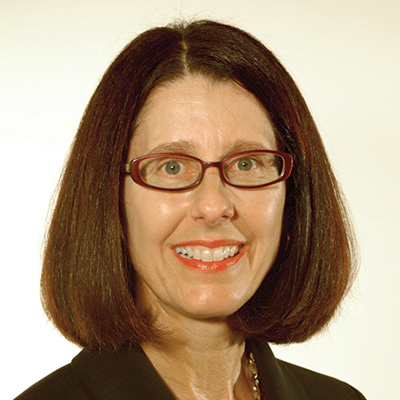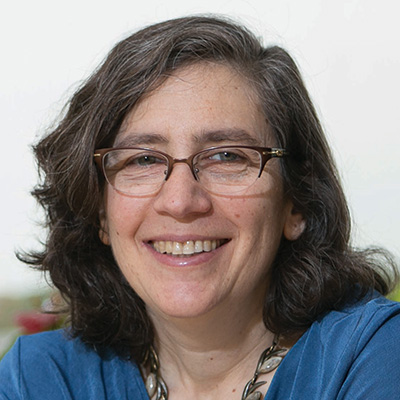National Academy elects Pfeffer and Schiffer


The National Academy of Sciences recently elected 144 new members, including two American Society for Biochemistry and Molecular Biology members, Suzanne Pfeffer and Celia Schiffer. These scientists are being recognized for their distinguished and continuing achievements in original research.
Pfeffer is a professor of biochemistry at Stanford University School of Medicine. Her research focuses on understanding the molecular basis of inherited Parkinson's disease, with a specific interest in LRRK2 kinase mutations and the Rab GTPases. The Pfeffer lab is also interested in cholesterol transport and how mutations in this pathway can lead to Niemann–Pick disease. Pfeffer is a past president of ASBMB. She is a fellow of the American Association for the Advancement of Science, the American Academy of Arts and Sciences and the American Society for Cell Biology.
Schiffer is a professor and the chair of biochemistry and molecular biotechnology and the director of the institute for drug resistance at the University of Massachusetts Chan Medical School. Her research focuses on the molecular basis of drug resistance, studying how mutations in drug target enzymes allow them to continue to process their substrates but avoid binding inhibitors. Through this effort, she has defined what she calls the “substrate envelope,” which allows her lab and others to use structure-based drug design to design robust inhibitors that are less apt to be susceptible to resistance. Schiffer received the ASBMB William Rose Award in 2020 and is a fellow of the American Academy of Microbiology.
Enjoy reading ASBMB Today?
Become a member to receive the print edition four times a year and the digital edition monthly.
Learn moreGet the latest from ASBMB Today
Enter your email address, and we’ll send you a weekly email with recent articles, interviews and more.
Latest in People
People highlights or most popular articles

Embrace your neurodivergence and flourish in college
This guide offers practical advice on setting yourself up for success — learn how to leverage campus resources, work with professors and embrace your strengths.

Survival tools for a neurodivergent brain in academia
Working in academia is hard, and being neurodivergent makes it harder. Here are a few tools that may help, from a Ph.D. student with ADHD.

Quieting the static: Building inclusive STEM classrooms
Christin Monroe, an assistant professor of chemistry at Landmark College, offers practical tips to help educators make their classrooms more accessible to neurodivergent scientists.

Hidden strengths of an autistic scientist
Navigating the world of scientific research as an autistic scientist comes with unique challenges —microaggressions, communication hurdles and the constant pressure to conform to social norms, postbaccalaureate student Taylor Stolberg writes.

Richard Silverman to speak at ASBMB 2025
Richard Silverman and Melissa Moore are the featured speakers at the ASBMB annual meeting to be held April 12-15 in Chicago.

Women’s History Month: Educating and inspiring generations
Through early classroom experiences, undergraduate education and advanced research training, women leaders are shaping a more inclusive and supportive scientific community.
